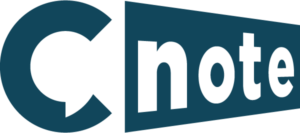Buyer’s Guide
E-Close Software
The digital transformation within the mortgage industry continues to evolve, and e-closing solutions are at the forefront of this change. Mortgage e-close software enables lenders, borrowers, and other stakeholders to execute the closing process of a loan electronically, simplifying what has traditionally been a complex, paper-heavy process. This guide is designed to help mortgage lenders understand the benefits, features, and considerations of investing in mortgage e-close software.
What is Mortgage E-Close Software?
Mortgage e-close software facilitates the digital closing of mortgages by enabling parties to view, sign, and notarize documents online. This technology streamlines the final steps of the mortgage process by providing a platform for an entirely digital transaction, replacing the traditional in-person and paper-based closings. The software ensures security, legal compliance, and efficiency throughout the process.
Features of Mortgage E-Close Software
Key features include:
- Electronic Signature: Allows all parties to sign documents digitally.
- Remote Online Notarization (RON): Enables notaries to notarize documents remotely via secure video call.
- Document Management: Organizes and updates closing documents in real time.
- Audit and Compliance Tracking: Ensures all activities comply with legal and regulatory standards.
- Integration with Loan Origination Systems (LOS): Streamlines the workflow from origination to closing.
Benefits of Mortgage E-Close Software
The adoption of e-close software offers significant advantages:
- Efficiency Gains: Reduces the time from final approval to closing.
- Reduced Costs: Cuts down on paper, postage, and operational expenses.
- Enhanced Borrower Experience: Offers convenience and transparency, improving customer satisfaction.
- Error Reduction: Minimizes manual data entry and the potential for errors.
- Security and Compliance: Provides secure document handling and storage, along with compliance with state and federal laws.
Does Mortgage E-Close Software Work for All Lines of the Mortgage Business?
Yes, mortgage e-close software is beneficial across all lines of the mortgage business—from retail to wholesale and servicing. While the specific benefits can vary depending on the business model, the solutions are adaptable to the needs of different stakeholders within the mortgage process, offering customization and scalability.
Other Considerations When Evaluating Mortgage E-close Software Advanced Features:
Look for advanced functionalities like integrated e-vaulting for secure document storage and sophisticated user access controls.
User and Admin Needs:
Evaluate whether the platform is user-friendly for both borrowers and staff, requiring minimal training to navigate effectively.
System Integrations:
Assess the software’s ability to integrate seamlessly with existing systems such as loan origination and servicing platforms.
E-close Requirements:
Verify that the software meets all legal requirements for e-closings in the jurisdictions where you operate, including support for RON where applicable.
Implementation, Training, and Adoption:
Consider the ease of implementation, the quality of customer support, and the availability of training resources to ensure a smooth transition and adoption.
How Much Does Mortgage E-Close Software Cost?
The pricing for mortgage e-close software can vary widely based on the provider, features, and level of customization required. It may involve upfront costs for implementation and training, as well as ongoing subscription or per-closing fees. When evaluating costs, it’s important to consider the potential return on investment through operational efficiencies and improved borrower satisfaction.
To Recap
Mortgage e-close software represents a pivotal advancement in the mortgage industry, offering a streamlined, efficient alternative to traditional paper-based closings. By moving the closing process online, lenders can enjoy reduced costs, enhanced borrower experiences, and improved operational efficiency. When selecting an e-closing solution, lenders should carefully consider the software’s features, integration capabilities, advanced functionalities, and compliance with e-close requirements to ensure a successful implementation. With the right e-close software partner, mortgage lenders can achieve significant competitive advantages in the digital age.



